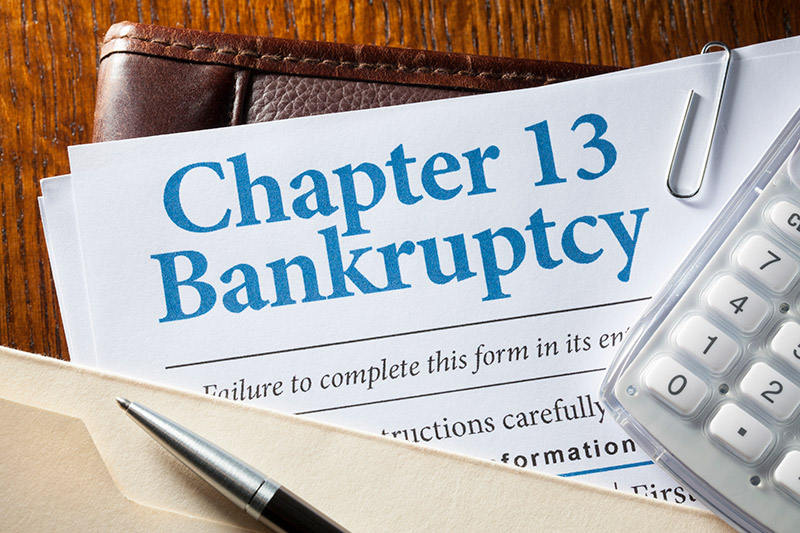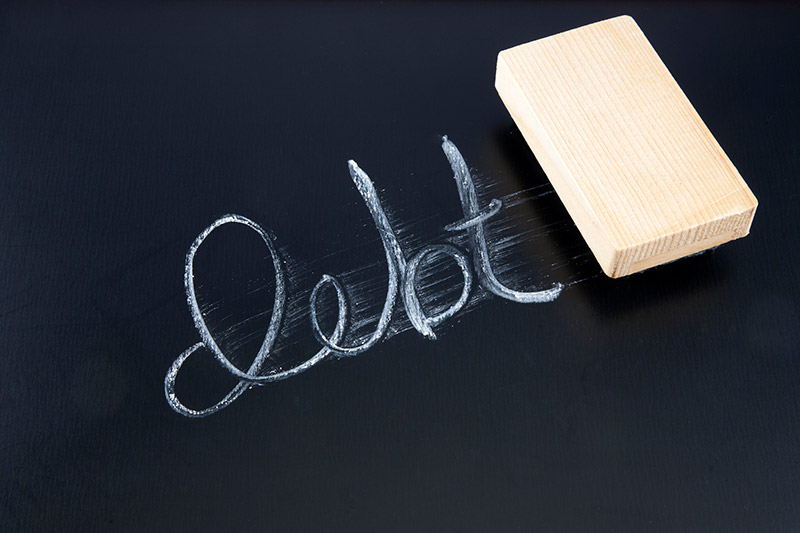Bankruptcy is a last resort for California residents. It can stop creditors from hounding you, wage garnishments, and lawsuits. Although it’s the fastest way to drive down your credit score, bankruptcy can also help you get past financial issues quickly and begin rebuilding.
If you’re trying to grapple with overwhelming debt on your own, your credit score takes a beating over the course of months or even years. Filing bankruptcy can help you deal with the debt and get you back on the road to recovery within months instead of years.
Depending on your situation, Chapter 13 bankruptcy may be the right option for you. Specific provisions typically allow you to keep all of your assets as long as you have regular income that lets you repay creditors. Consider talking to a Chapter 13 bankruptcy lawyer about your financial situation. A dedicated bankruptcy attorney could walk you through the debt relief process.
What Are the Benefits of Chapter 13?
There are several benefits to filing a Chapter 13 bankruptcy. This form of debt relief could help you:
- Catch up on any missed mortgage and car payments.
- Wipe out tax debt if it qualifies for discharge due to its age. Back taxes can also be included in the payment plan.
- Make up missed alimony or child support payments as part of the scheduled payment plan.
- Keep more non-exempt than if you filed Chapter 7.
In situations where there is a codebtor, creditors will not come after them as long as you make the bankruptcy plan payments. A knowledgeable attorney could help you understand the advantages of filing under Chapter 13.
Questions to Ask Yourself Before Filing for Bankruptcy
Filing for bankruptcy is not a decision you should take lightly. Before taking any legal action, ask yourself these questions:
- Do you use credit cards to pay for groceries, utilities, and other necessities?
- Are you thinking of pulling from your retirement or 401(k) to stop threatening debt collector calls?
- Have you lost track of how much you owe?
- Are you coming up short (or missing) the required minimum monthly payments on credit cards and personal loans?
If you answered yes to any of these questions, filing for Chapter 13 bankruptcy with an experienced lawyer may be in your best interest.
How Does Chapter 13 Differ from Chapter 7?
Whether it is Chapter 13 or Chapter 7, the goal of bankruptcy is relieving the burden of debt. However, the processes and eligibility requirements for each are very different. By filing Chapter 13, you’re placed on a repayment plan that lasts 3-5 years. Any debt left after that time is often discharged. Chapter 7 involves a court trustee liquidating nonexempt assets and can be completed within 6 months. A skilled lawyer can help you determine if Chapter 13 bankruptcy is the best option for you.
Qualifying for Chapter 13
To be eligible for this type of bankruptcy, you must have less than approximately $419,275 in unsecured debt, such as personal loans and credit card bills. If you have secured debts, which includes car loans and mortgages, the total must be less than $1,257,850. These numbers are adjusted periodically, so you should check with a Chapter 13 bankruptcy attorney for the current amounts.
Since Chapter 13 uses a repayment plan, you must demonstrate that you have the means to pay down the debts by submitting proof of income prior to preparing and filing your petition. Income can be in the form of earned wages, Social Security payments, pension, proceeds from a property sale, etc.
You must also be current in tax filings, as you must submit proof of the previous four years’ tax returns.
Do You Have to Include All Debt When You File Chapter 13 Bankruptcy?
Yes. All of your debt must be listed; however, certain debts are eligible to be paid outside of the chapter 13 plan.
The Effects of the Discharge Order
When your Chapter 13 repayment plan is complete, you’ll receive a discharge order. This wipes out the remaining balance of qualified debt. Alimony, child support and other debts are not covered in bankruptcy.
Early Discharge
You can generally not finish your Chapter 13 payment plan early, unless you pay the creditors in full. However, if you suffer a financial setback, you can request an early discharge due to hardship. This could be as a result of the reduction or loss of household income or a medical situation. A local attorney may be able to help you seek an early discharge in your Chapter 13 bankruptcy case.
Contact a Bankruptcy Attorney Today
Chapter 13 is one of the most popular forms of bankruptcy. The repayment plan allows you to catch up on bills and get back on your feet. To learn more about this debt relief process, schedule a free consultation with a bankruptcy lawyer today.


